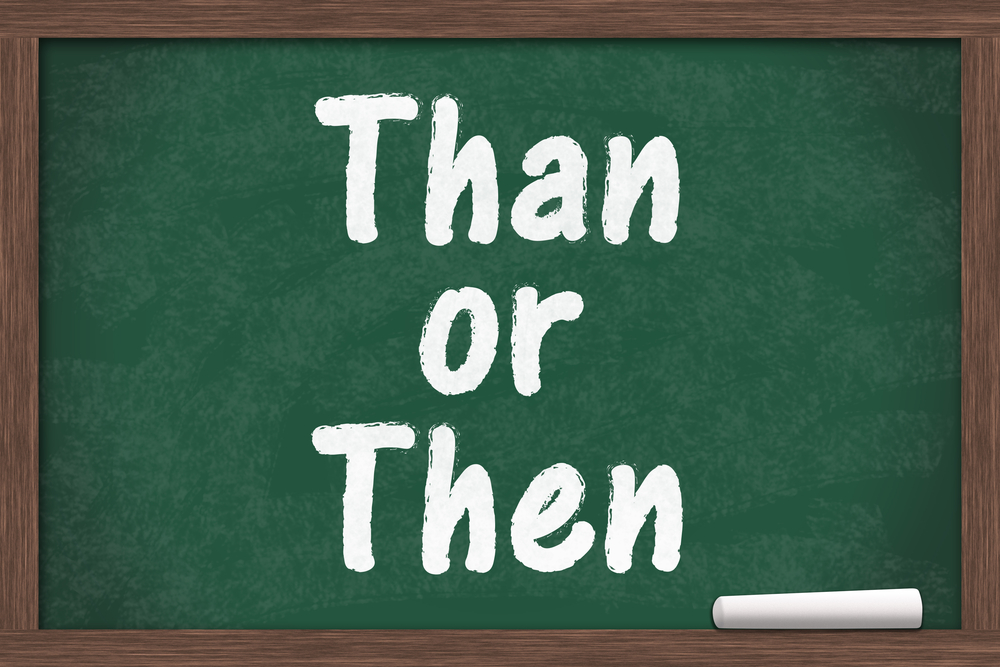Phonics recognition Grammar Worksheets for Ages 4-8
5 filtered results
-
From - To
Unlock your child's potential with our Phonics Recognition Grammar Worksheets, specially designed for ages 4-8! These engaging and interactive worksheets help young learners enhance their phonics skills while building a strong foundation in grammar. Each activity promotes letter-sound correspondence, word recognition, and the understanding of sentence structure through fun exercises and colorful visuals. Perfect for both classroom and home use, our worksheets encourage children to practice essential reading and writing skills in a playful and stress-free environment. Foster a love for language and boost literacy confidence with our Phonics Recognition Grammar Worksheets, making learning enjoyable for every young learner!
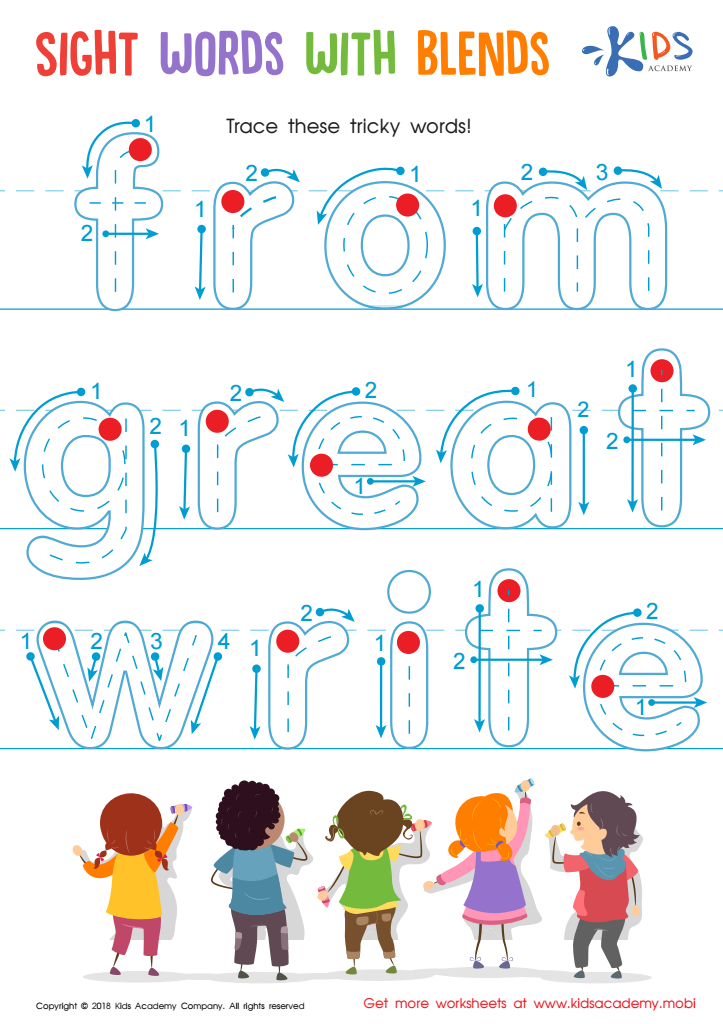

Sight Words with Blends Worksheet


Phonics and Word Recognition: Assessment 1 Worksheet


Phonics and Word Recognition: Assessment 1 Worksheet


Phonics and Word Recognition: Assessment 2 Worksheet
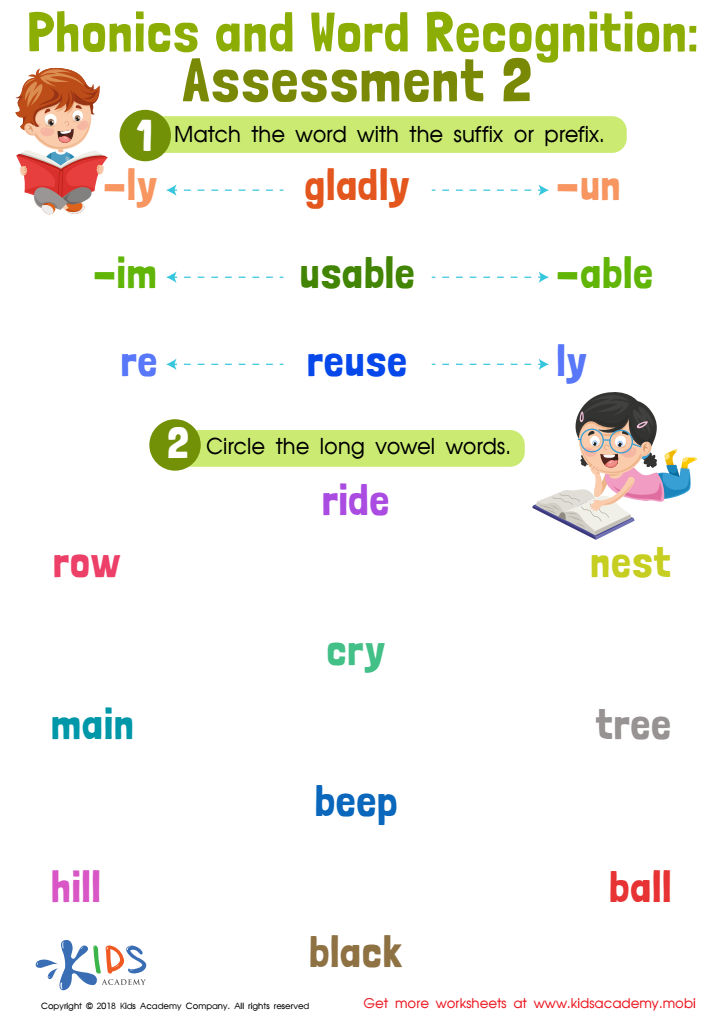

Phonics and Word Recognition: Assessment 2
Phonics recognition and grammar are essential components of early literacy that greatly impact a child's ability to read and write. For children ages 4-8, developing strong phonics skills enables them to decode words, which is crucial for reading fluency. Effective phonics instruction helps children recognize letter-sound relationships and build confidence in their reading abilities.
Furthermore, understanding grammar is vital for effective communication. At this age, children begin to form complex sentences and express their thoughts clearly. Knowledge of grammar helps them understand how words combine to convey meaning, which enhances their writing skills.
Parents and teachers should care about these aspects because they lay the foundation for academic success. Mastery of phonics and grammar skills encourages a love for reading and writing, fosters critical thinking, and promotes creativity. Engaged children who can read proficiently and understand grammar are more likely to perform well in school and develop positive attitudes toward learning.
Additionally, early support in phonics and grammar paves the way for future literacy skills, reducing the likelihood of learning difficulties as they progress in their education. By prioritizing these foundational skills, caregivers play a crucial role in shaping confident, competent readers and writers for life.
 Assign to My Students
Assign to My Students
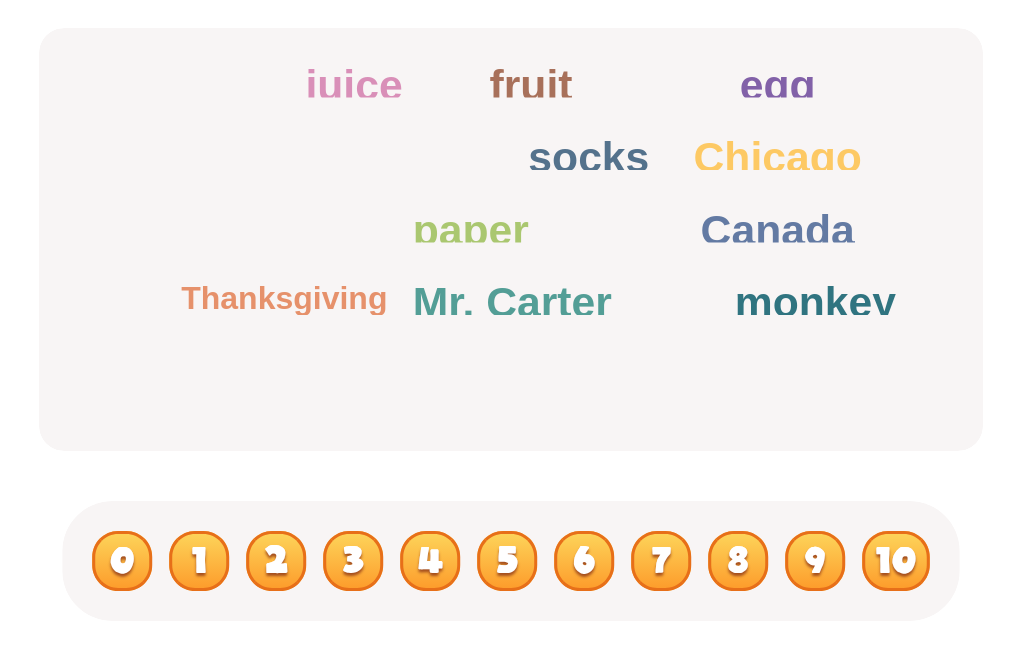
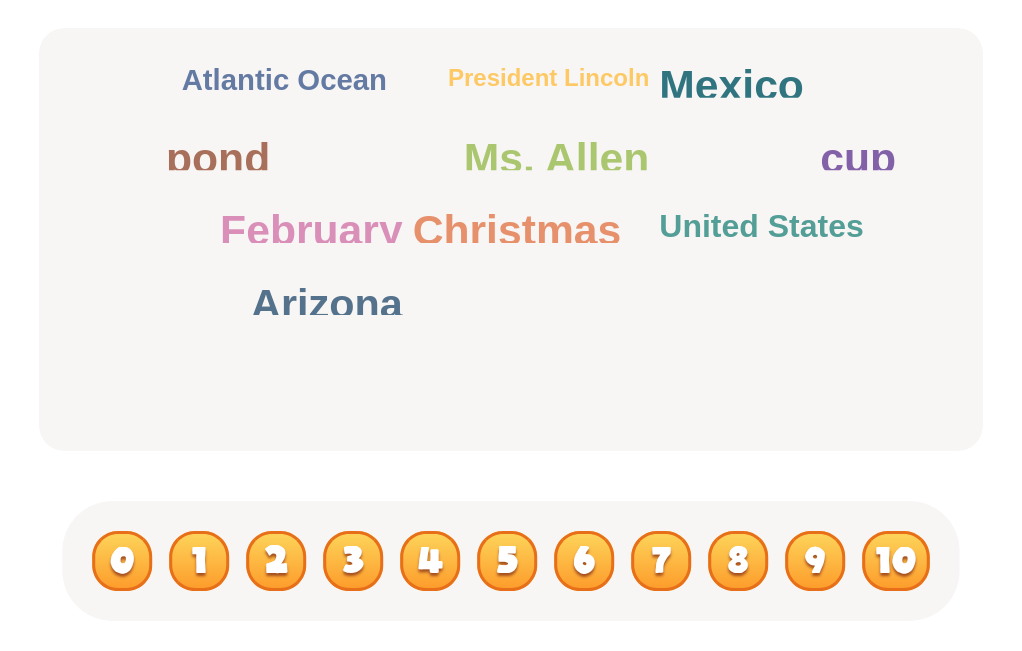
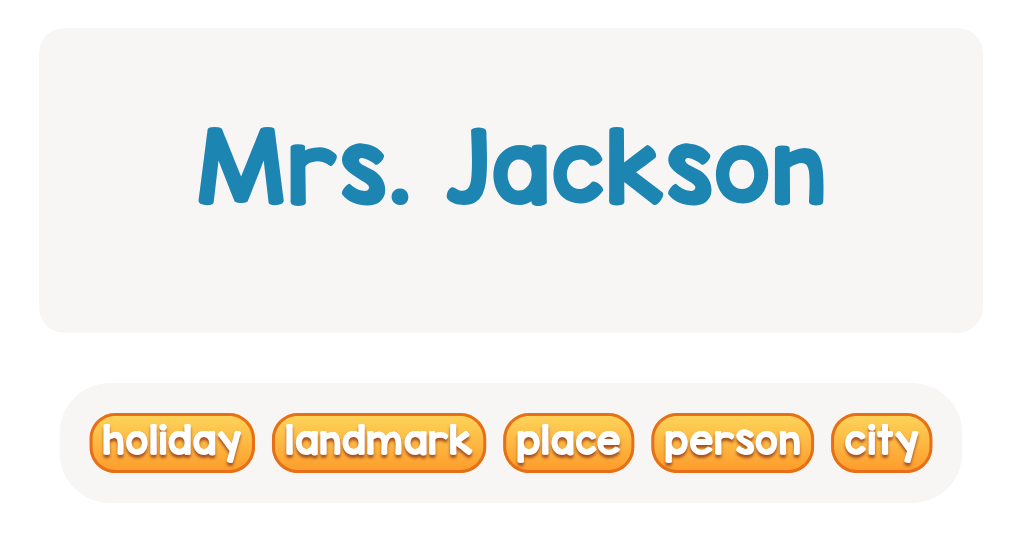
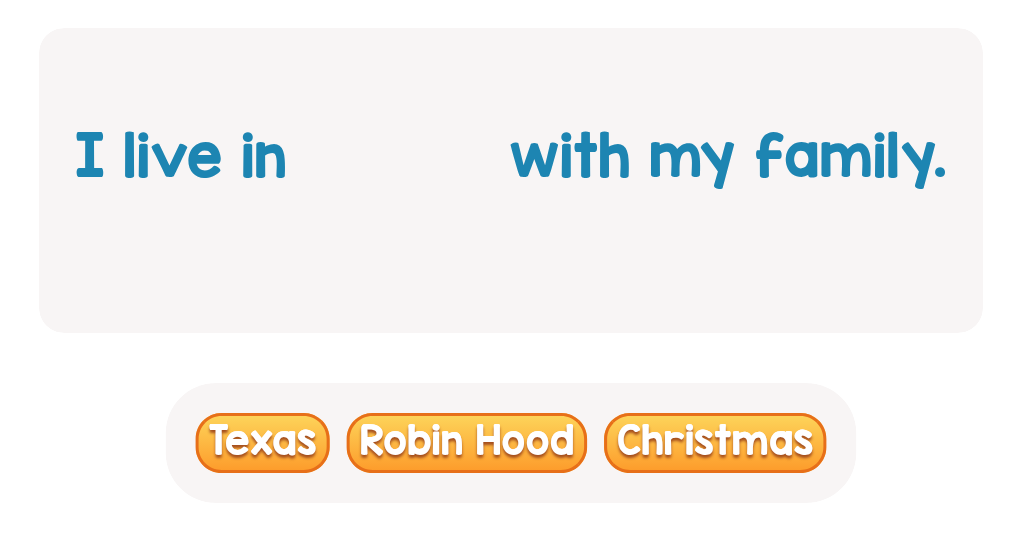

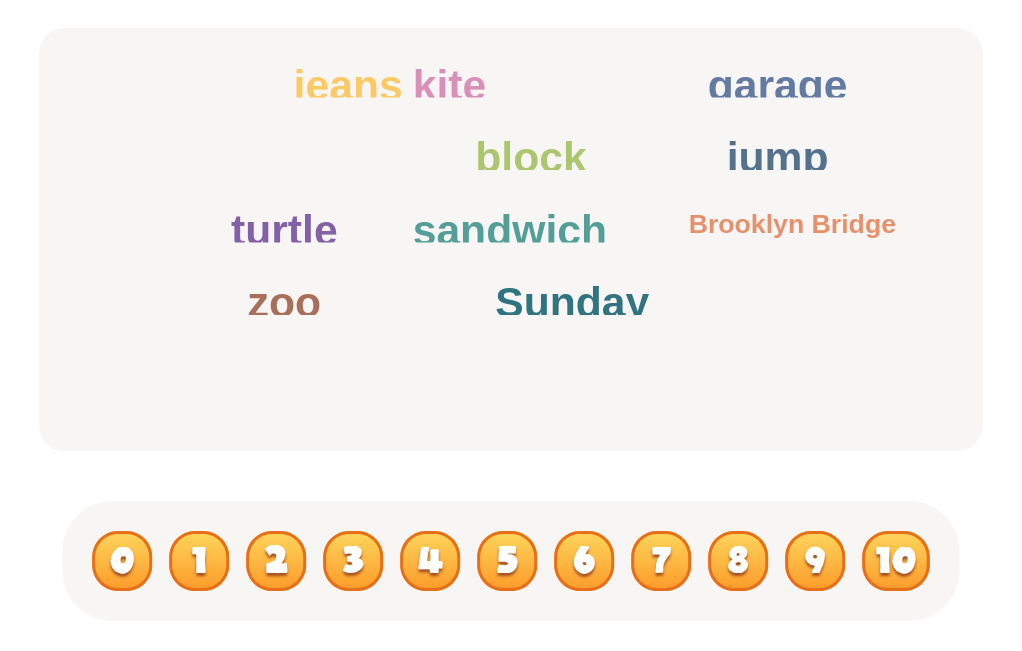
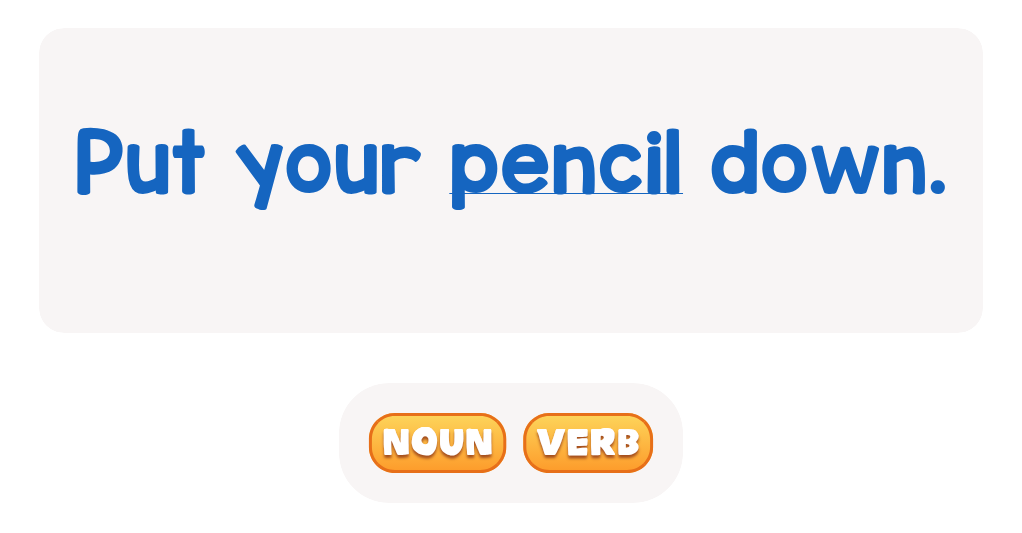
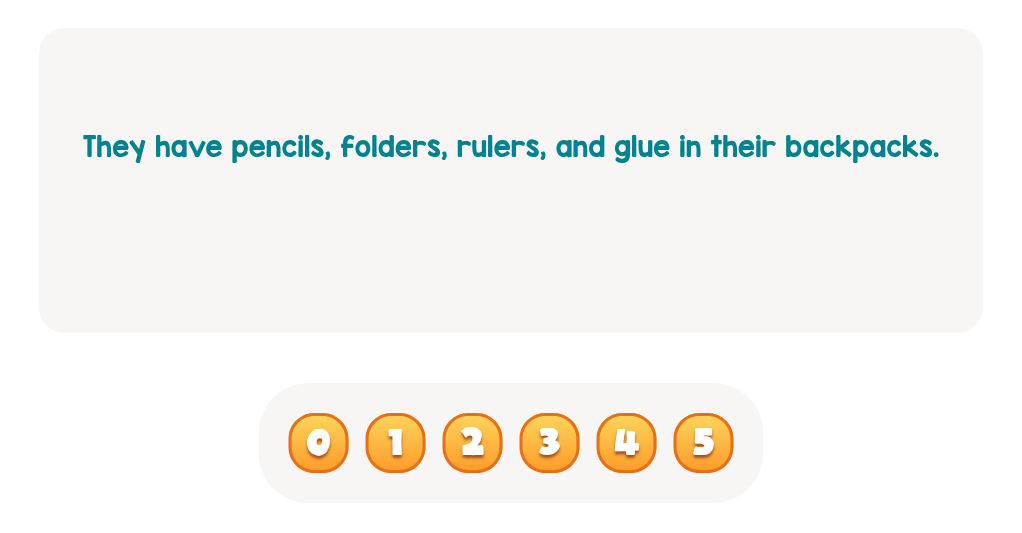
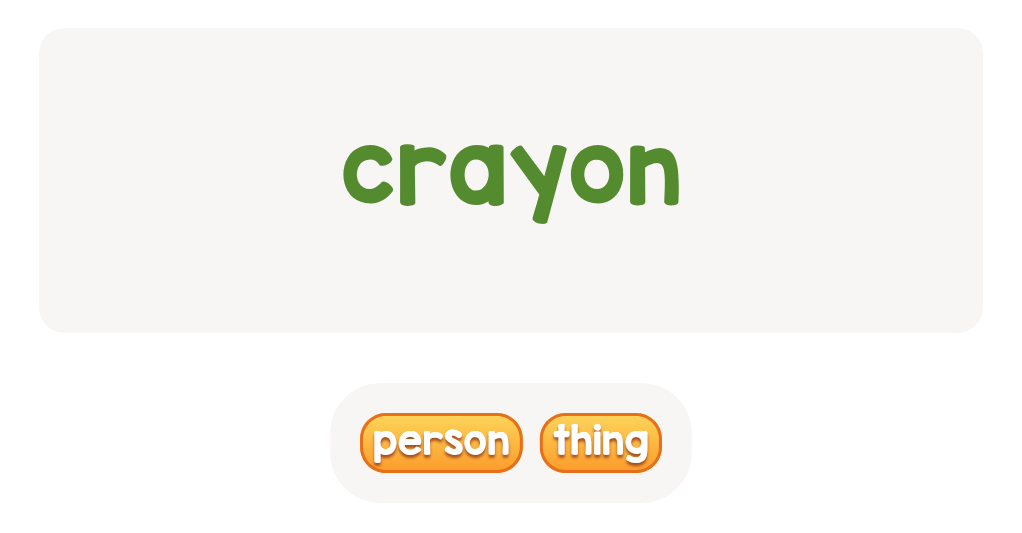
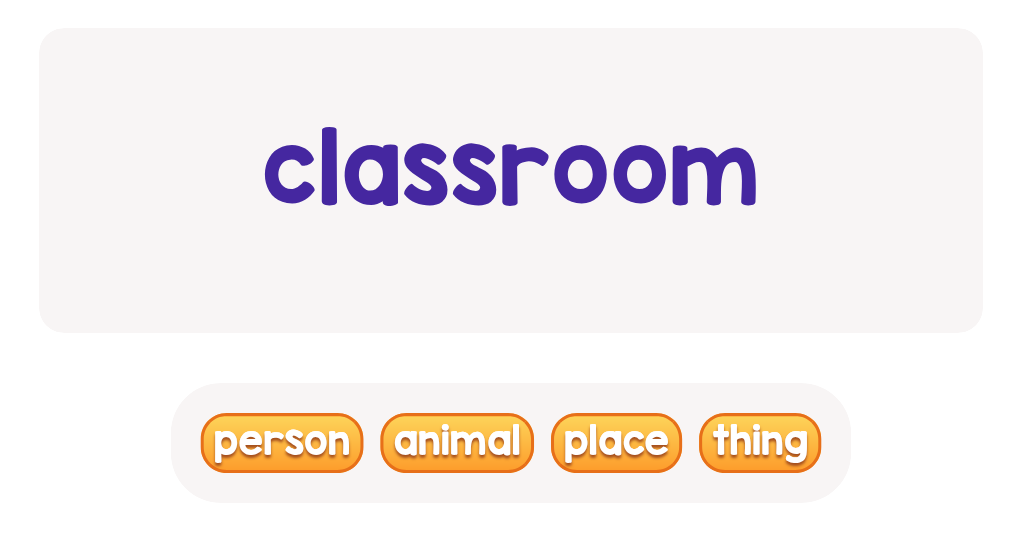







.jpg)

